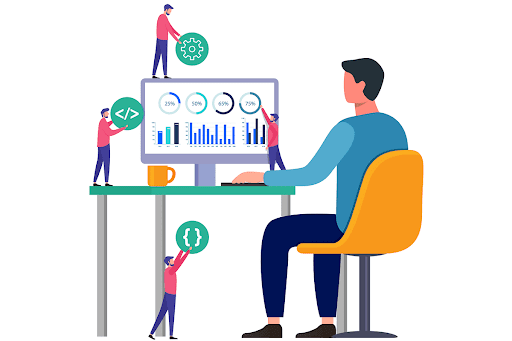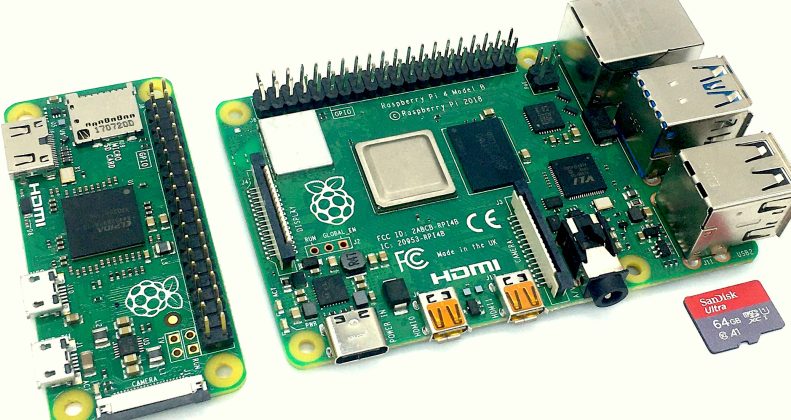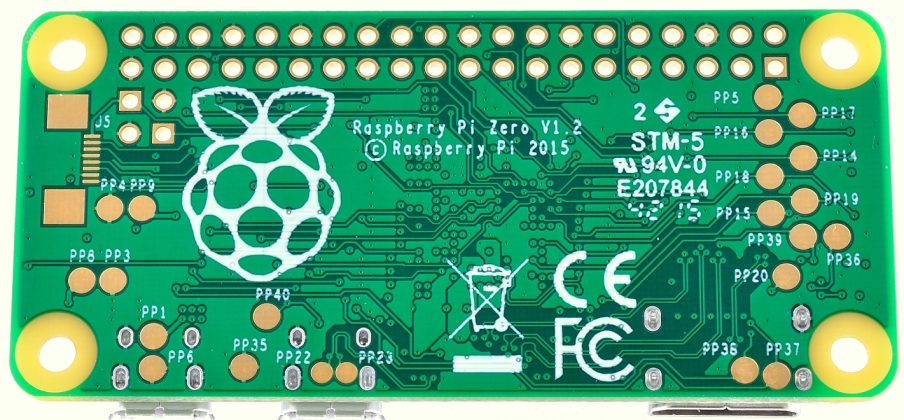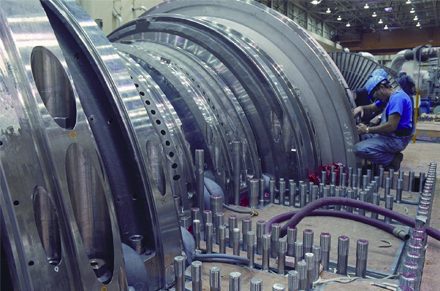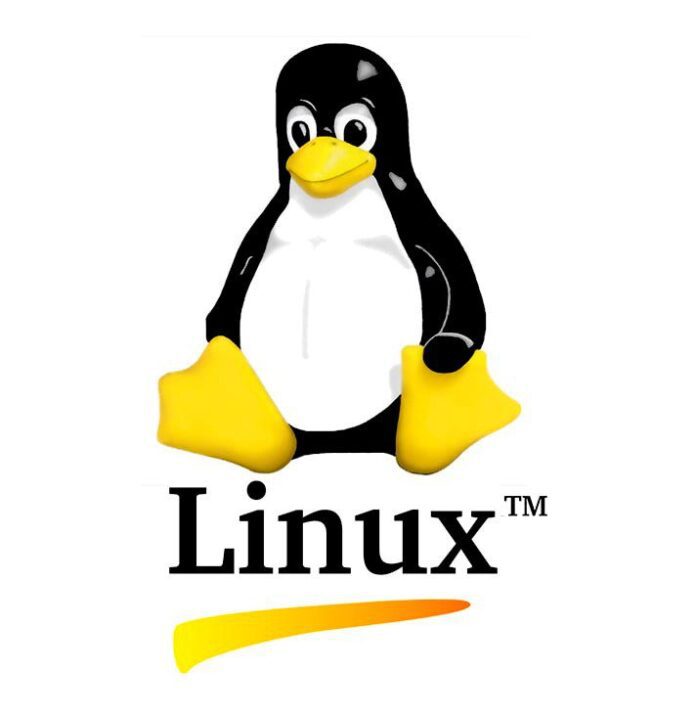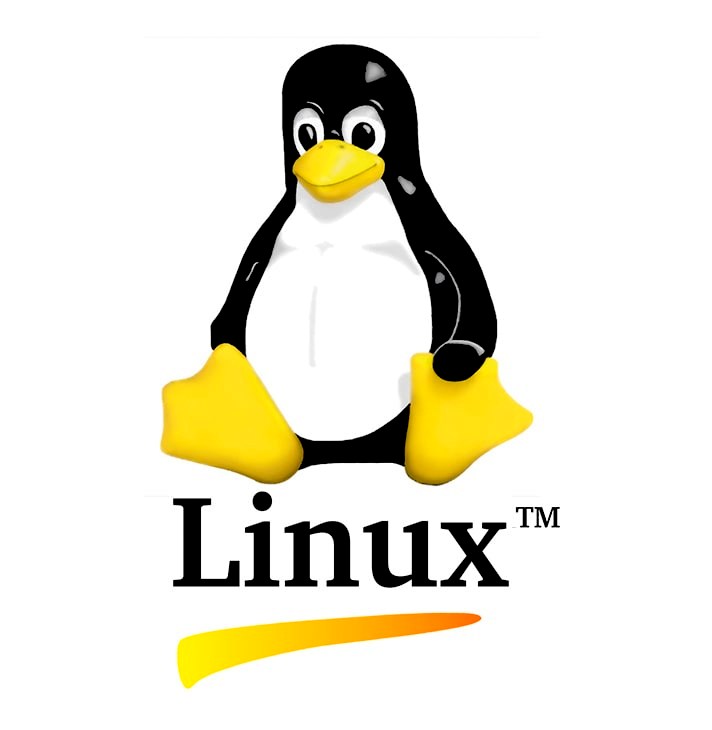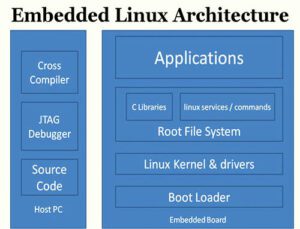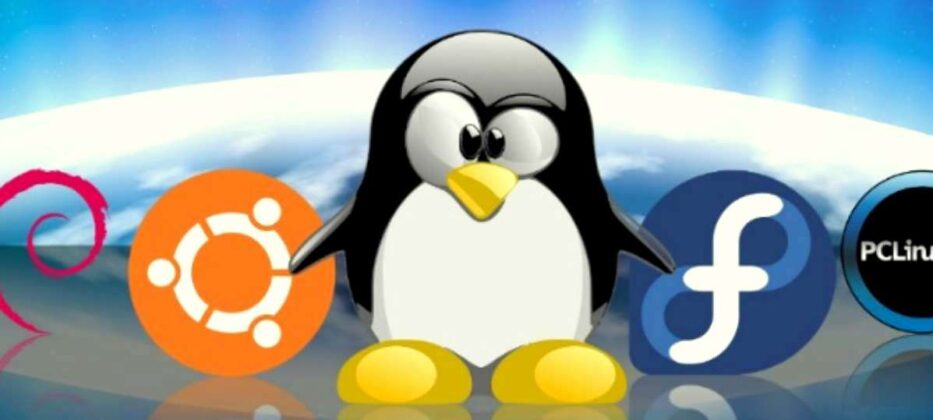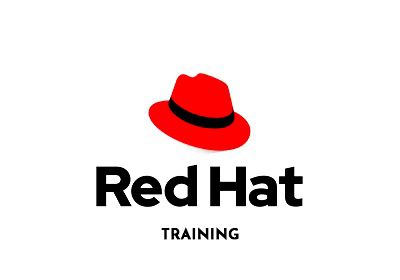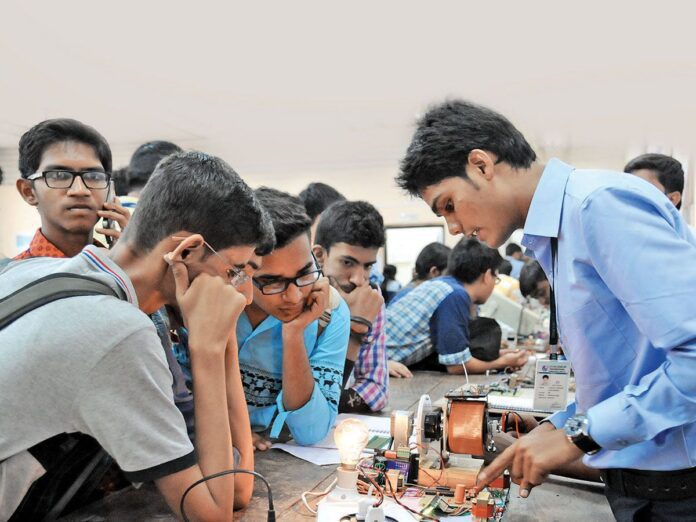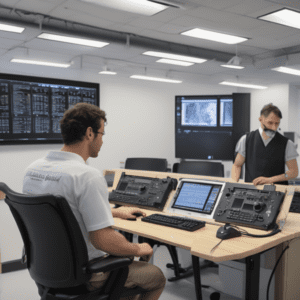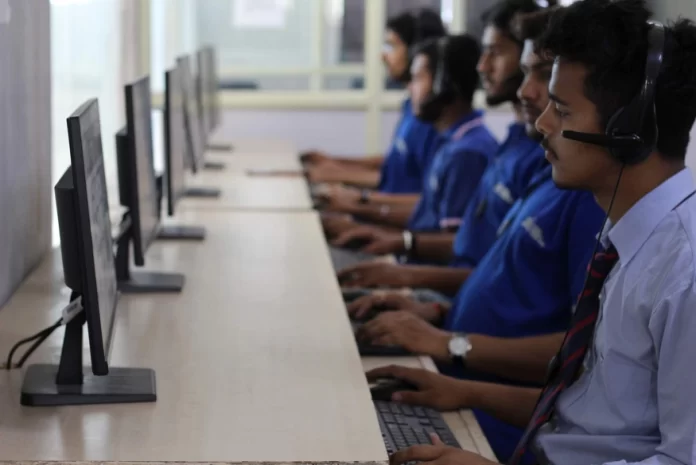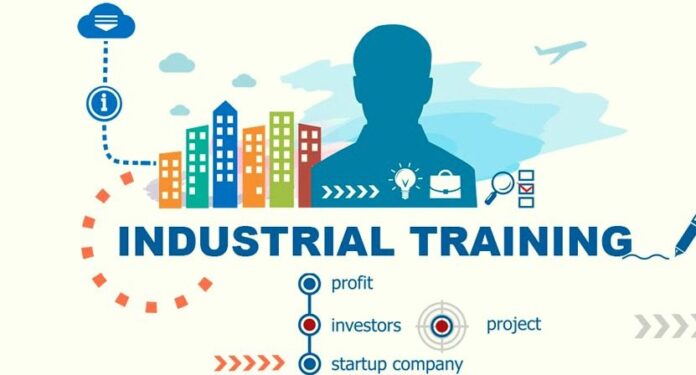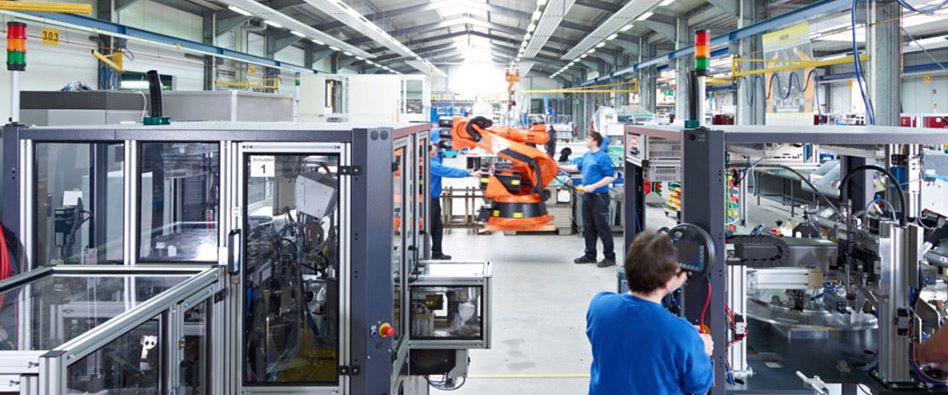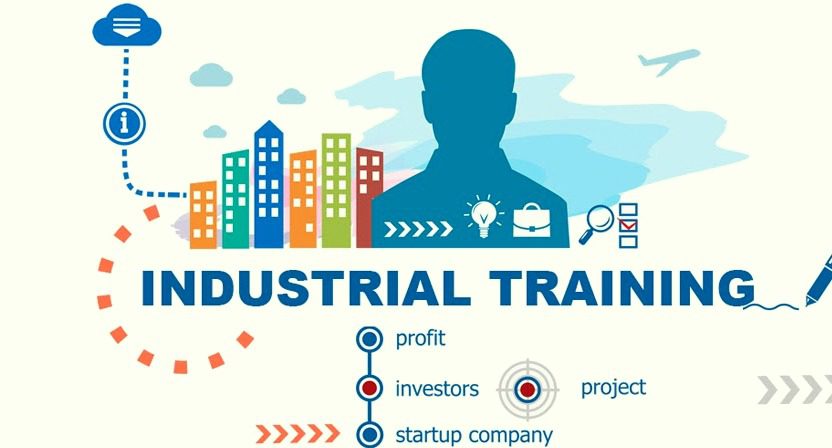Data Analytics Course in Chandigarh: Unlock a Future in Data-Driven Careers
In today’s digital era, data is like oil, powering industries and economies globally. Businesses and government agencies need to gather, interpret, and use data effectively nowadays. The demand for data analytics professionals has skyrocketed. Enroll in a Data Analytics Course in Chandigarh for career success.

Why Choose Data Analytics?
Data analytics is about examining raw data. This helps find trends and draw useful conclusions. These conclusions can then guide decision-making. Data analytics is important for modern organizations. It can improve customer experience, optimize business processes, and predict future trends.
The field has many uses in areas like money, health, selling, and making things. Acquire data analytics skills. Be prepared for roles like data analyst and more.
royalbet

Benefits of Pursuing a Data Analytics Course in Chandigarh
- Industry-Relevant Curriculum
Courses offered in Chandigarh focus on key areas such as data visualization, data mining, machine learning, statistical analysis, and database management. The curriculum is designed to align with current industry standards, ensuring you acquire the skills needed to meet the demands of real-world projects. In addition, the program emphasizes practical exposure through case studies, live projects, and workshops led by industry experts. By integrating theoretical knowledge with hands-on practice, students gain the confidence to apply advanced data science techniques effectively across diverse business domains. This approach ensures graduates remain competitive in today’s evolving job market. - Hands-On Training
Practical exposure is crucial when learning data analytics. Many institutes in Chandigarh offer hands-on training with tools such as Python, R, SQL, Power BI, Tableau, and Excel. You’ll work on real-time data projects to understand how to apply theories and models to actual business problems. In addition, students are guided through case studies and industry-based simulations that replicate workplace challenges. This structured approach not only strengthens technical proficiency but also builds problem-solving and decision-making skills. By consistently practicing with real-world datasets, learners gain the confidence to deliver actionable insights, making them job-ready from the very beginning of their careers. - Expert Faculty
The city’s leading institutes are home to expert trainers with years of industry experience. These instructors provide valuable insights into the latest trends and technologies in the data analytics landscape. Their mentorship will ensure you not only grasp theoretical concepts but also understand their practical applications. By blending academic knowledge with real-world case studies, they prepare students to tackle complex challenges confidently. Faculty members also encourage interactive learning, group discussions, and project-based tasks, creating a dynamic classroom environment. This approach helps learners bridge the gap between classroom learning and industry expectations, ultimately boosting career readiness and long-term professional growth. - Placement Opportunities
Chandigarh is emerging as a hub for IT and analytics-driven companies, offering a wide range of placement opportunities for aspiring professionals. Institutes offering data analytics courses often have strong industry connections, which can help you secure internships and job placements after completing the course. Many institutes also organize campus drives, career counseling sessions, and mock interviews to prepare students for recruitment. With growing demand for skilled analysts, graduates can explore roles in business intelligence, data engineering, and predictive modeling across diverse sectors such as finance, healthcare, retail, and technology. This ensures a promising career path with long-term growth potential. - Affordable Living and Education
Compared to larger metropolitan areas, Chandigarh offers high-quality living and low-cost education at more affordable prices. You get access to the same advanced learning resources and state-of-the-art facilities without the high cost of living associated with cities like Delhi or Mumbai. The city also provides excellent infrastructure, reliable public transport, and a safe environment for students. Affordable hostels, shared accommodations, and student-friendly eateries make it easier to manage expenses while focusing on studies. This balance of quality education and cost-effective living ensures that learners can invest more in skill development without being burdened by excessive financial pressures.
Key Modules Covered in a Data Analytics Course
- Introduction to Data Analytics
Learn the fundamentals of data analytics, its significance in various industries, and the different types of data analytics—descriptive, diagnostic, predictive, and prescriptive. - Data Handling and Visualization
Explore how to collect, clean, and prepare data for analysis. You’ll also learn data visualization techniques using popular tools like Tableau and Power BI to communicate findings effectively. - Statistical Analysis
Gain knowledge of essential statistical methods, including regression analysis, hypothesis testing, and probability. These concepts are critical for analyzing trends and making data-driven predictions. - Machine Learning Basics
Understand how to implement basic machine learning algorithms to predict outcomes and automate decision-making processes. This module often includes practical exercises using Python or R. - Big Data and Cloud Analytics
Learn about big data technologies and cloud platforms like Hadoop, AWS, and Google Cloud, which are essential for processing large datasets efficiently. - Data Mining and Predictive Analytics
Discover how to use data mining techniques to uncover hidden patterns and develop predictive models that forecast future trends.

Career Prospects After Completing a Data Analytics Course
After completing a data analytics course in Chandigarh, a wide range of career paths open up for you, including:
- Data Analyst
In this role, you’ll be responsible for collecting, processing, and analyzing data to help businesses make informed decisions. - Business Intelligence Analyst
As a BI analyst, you’ll focus on gathering data from various sources to identify trends and present actionable insights to stakeholders. - Data Engineer
If you have an interest in developing and maintaining data pipelines, a data engineer role would be ideal. You’ll be responsible for ensuring that data flows smoothly within an organization’s IT systems. - Data Scientist
With more experience and advanced training, you can transition into a data scientist role, where you’ll use complex algorithms and machine learning models to predict future outcomes. - The Core Systems is a software development company based in Chandigarh, providing the best of the class. Chandigarh is quickly becoming a hub for data science and analytics training, offering high-quality education and excellent career opportunities. By enrolling in a data analytics course in Chandigarh, you’re taking the first step toward a future-proof career in one of the most exciting fields of the 21st century.
Whether you’re just starting your career or looking to upskill, a solid foundation in data analytics can open doors to high-paying jobs and a wealth of opportunities in industries that are increasingly reliant on data for decision-making.
Which course is best for data analytics?
The best data analytics course depends on career goals. Beginners can start with Google’s certificate, while advanced learners explore SQL, Python, Power BI, Tableau, or certifications from IBM, Microsoft, and DataCamp.
Can I learn data analysis in 3 months?
To become a Data Analyst in three months, focus on learning data analytics fundamentals, completing structured courses, practicing programming languages, and enhancing soft skills. Training providers like Noble Desktop offer comprehensive programs covering SQL, Python, and essential analytic tools.
Are data analysts in demand?
Yes, data analysts remain in strong demand across industries in 2025. According to the U.S. Bureau of Labor Statistics, employment opportunities are projected to grow by 23% by 2032.
What is the salary of data analyst in India?
In India, data analyst salaries range from ₹6–14 lakhs annually, with entry-level roles at ₹4 lakhs and senior positions above ₹15 lakhs. Finance, e-commerce, healthcare, and cities like Bangalore offer higher pay.




